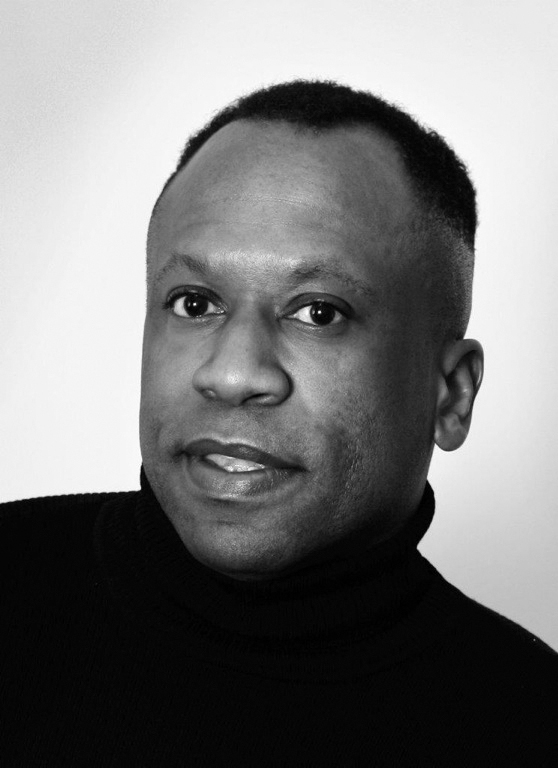By J. Robby Gregg Jr.
During a recent conversation with a friend who happens to be chief diversity officer for a national retailer, we discussed the importance of return on investment or ROI in the workplace. We quickly agreed that an organization’s ability to express its appreciation and support for the people who work diligently to ensure the growth and success of the business is of equal value. As diversity professionals in the human resources space, we are sometimes focused on the tangible measures of appreciation and support — equality of benefits, inclusive work environments, employee resource groups, compensation or awards and recognition, to name a few.
Later in the week, I thought about the return on people concept and had an “aha!” moment. I realized that I have been a student and teacher of the importance of relationships throughout my life. As a graduate of Wake Forest University, a student and “adopted” son of the late Dr. Maya Angelou, I have vivid memories of conversations about the capacity of many people to achieve great success. One thing that Dr. Angelou suggested — and I know for sure — is: “We have all been paid for; our responsibility is to prepare ourselves to pay for someone else.” The return on people is simply the tip of the iceberg; yielding a positive return on people is dependent on individuals investing in relationships. Dr. Angelou’s suggestion reminds me that we all have had to stand on the shoulders of someone else. It’s the collaboration, willingness to make ourselves vulnerable and fearlessness in our connections with people that allow us to move forward. So, when we think about the next goal to exceed, the next team we need to build or our next line of business, stop and take a moment to remember the greatest asset available to all of us — PEOPLE.
Several years ago, while serving on the South Florida Diversity Council, a friend commented on my ability to cultivate great relationships. It took me years to understand. She suggested,“In life God gives us all seeds … Some people let them slip through their fingers, and others like you do something different. You cup your hand, water the seeds and nurture them. The result? When you need them, they will be there for you.” Every so often, I get a call or an email from my friend, and she will ask one question: “How is your garden growing?”
I have always been an advocate of listening more than talking and allowing people to share what they need to express before making a comment. In my opinion, there is a difference between listening to respond and listening to understand. Listening to understand allows us to be fully present with the individual, so that we can really hear what they are saying and responsibly receive their gift. Remember, gifts can be positive or negative, e.g. an idea for a new service, an introduction to a potential opportunity or complaints about an individual’s aching back. Nevertheless, like the seeds you receive, you decide to accept gifts or allow them to slip through your fingers. In the case of complaints, I suggest you offer aspirin and encouragement and move on.
It’s always your choice. Let’s put our relationships with people first; let’s connect with them where they are, so that we can really understand their specific needs, as well as the needs of their organizations. Connecting allows us to provide or receive relevant solutions that can result in time savings, increased client satisfaction and increased profits.
In today’s global business environment, there are many challenges, including the need to get a maximum return while working with limited resources. The need to nurture our relationships is even more important when times are tough. Early in my career, Dr. Johnnetta B. Cole, who is one of my great mentor/friends, gave me some of the best advice ever. She said, “The only thing you really own in life are relationships; take care of them and treat them well. When you need them, they will be there for you.” Once again and in concrete business terms, this advice is an invaluable lesson on the importance of investing in a highly diverse, multitalented pool of human capital. As much as we talk about our ROI today, I believe that it is equally important to engage in frequent and direct conversations highlighting how to increase our ROR, or Return on Relationships. I’d like to recommend an elegant yet simple formula for ensuring that relationships are thriving:
1. Listen.
2. Connect.
3. Nurture.
4. Repeat.
Listening to, connecting with and nurturing the people in our lives is our primary investment to ensure an overall positive ROR. An advocate for equality and social justice, Gregg serves as co-chair of Human Rights Campaign’s Diversity & Inclusion Council. He has held key positions at various organizations, including True Blue Inclusion, Cook Ross Inc., PFLAG, Time Warner Inc. and Adecco Employment Services Inc. He serves on a number of boards and committees, including Hispanic Heritage Foundation, Presidents Advisory Committee and See Forever Foundation/Maya Angelou Schools board.




Leave A Comment